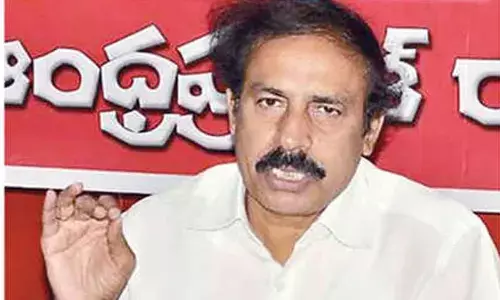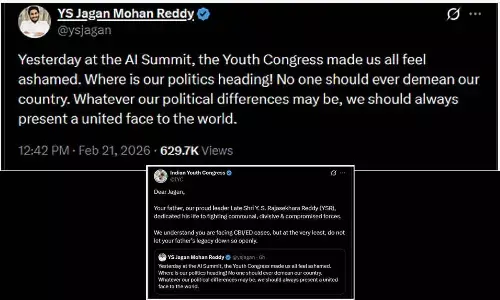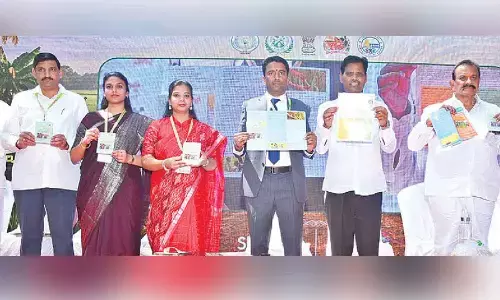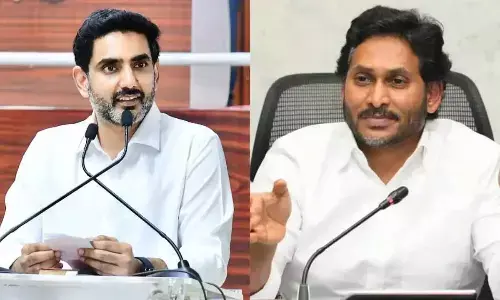Institutionalisation of political corruption
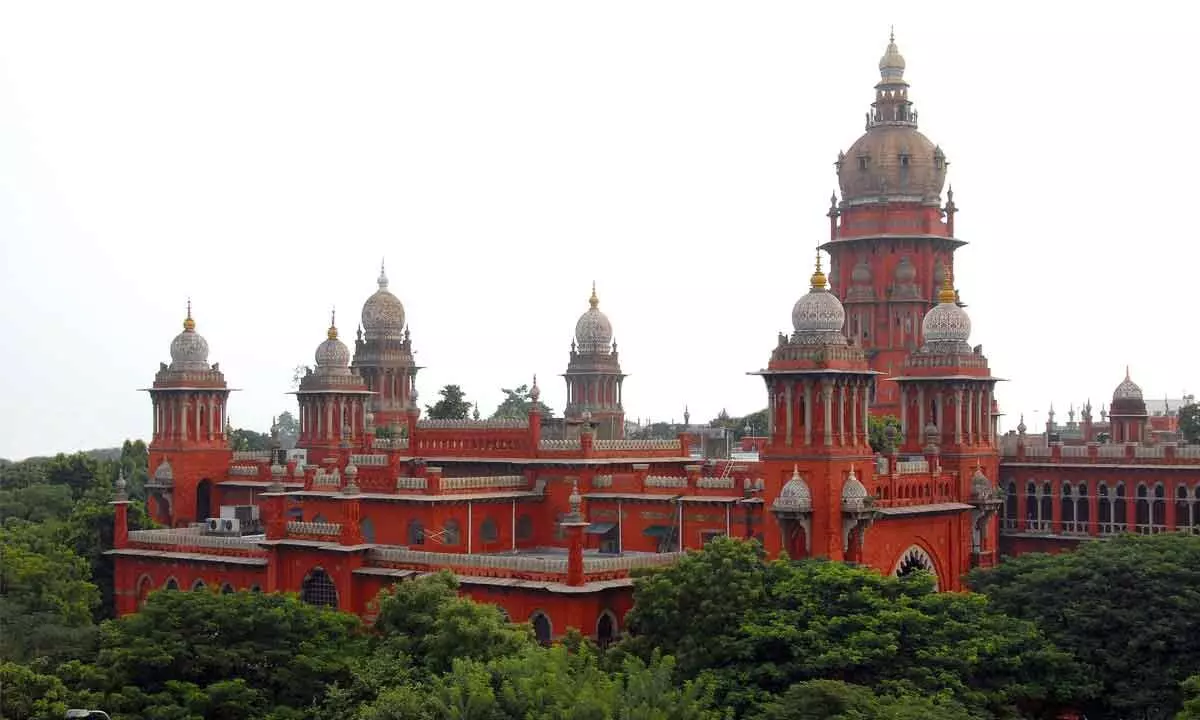
Madras HC Allows ED to Continue Probe Against TASMAC in PMLA Case
Corruption has penetrated into the blood of government officials, the Madras High Court has said, while upholding the dismissal of a woman who had submitted forged documents to get appointment on compassionate grounds.
Corruption has penetrated into the blood of government officials, the Madras High Court has said, while upholding the dismissal of a woman who had submitted forged documents to get appointment on compassionate grounds.
A division bench of Justice S Vaidyanathan and Justice A Nakkiran made the observation, while allowing an appeal moved by the Tamil Nadu government. But no one in Tamil Nadu was shocked by the observation when the HC said so sometime back. The reason: Tamil Nadu and corruption have become synonyms as far as governance is concerned.
A history of the corrupt practices tells us that it was in the 1960s that political corruption raised its ugly head under the Congress rule. It was not rampant and really consequential to the people then. When Annadurai became the Chief Minister in 1967 with DMK emerging victorious in the elections, he tried to cleanse the system to a great extent. Post-Annadurai, lack of transparency returned. The issue spiralled into a major controversy with M G Ramachandran, leader of the breakaway Anna Dravida Munnetra Kazhagam, approaching the President for the appointment of a commission of enquiry to look into his allegations of corruption against Chief Minister M Karunanidhi, several of his cabinet colleagues, and DMK district functionaries and officials who were named for “abetting the crime of corruption by Ministers.”
These were followed by more memoranda by the CPI leaders but nothing improved the situation. Later, after the dismissal of the DMK government during Emergency, R S Sarkaria was appointed as a One Man Commission to inquire into the allegations against Karunanidhi. Sarkaria dubbed the corruption a ‘scientific corruption’ by the Karunanidhi and Co which Jayalalithaa later picked up in 2011 during her successful campaign against the DMK rule. Ironically, it is said that this ‘scientific corruption’ had its roots in the MGR rule itself when TASMAC (Tamil Nadu State Marketing Corporation Limited) was incorporated as a company on 23rd May 1983, which can be regarded as the founding date of Tamil Nadu’s scientific system of political corruption.
Vesting TASMAC with “the exclusive privilege of wholesale supply of IMFL for the whole state of Tamil Nadu as per Section 17(C)(1-A)(a) of the Tamil Nadu Prohibition Act 1937” proved to be an ingenious idea. Later, of course, we have seen how the family of the Karunanidhi got involved in several scams due to which some of the DMK leaders had even gone to jail. The irony is that Stalin who fought tooth and nail against Senthil Kumar’s corruption during Jayalalithaa’s rule is now defending him over his ED case. He said he would ban the entry of the CBI into the State. Various governments and various points of time have done this – mostly to protect their own interests.
Even now, the bonding of the Opposition in the country against the BJP has its roots in the CBI, ED and IT raids. The BJP is using the agencies against the Opposition leaders, no doubt, but it could do so because of the fertile ground for the raids. Earlier, it was all a talk about percentages demanded by the government but now it is a complete takeover of the businesses. Land, sand, fodder, liquor and projects...corruption is universal and uniform. Talk of freebies is useless as it is all about ‘Yatha Raja, Thathaa Prajaa.’


